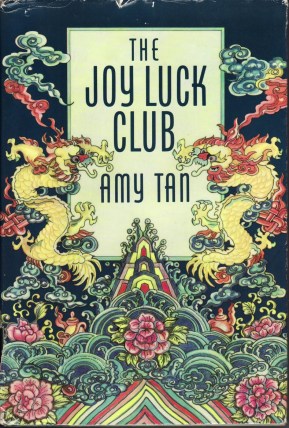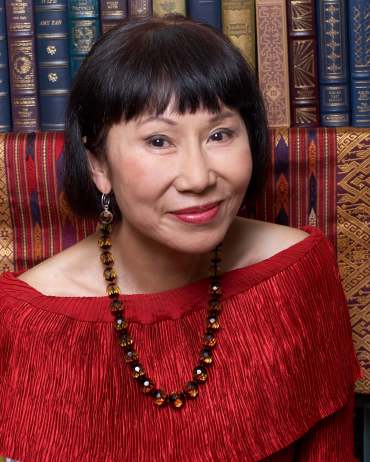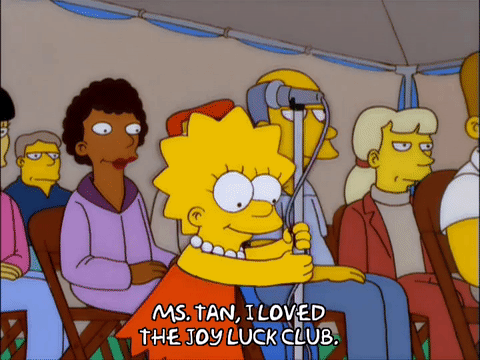“Grand Torino”is a film telling the story of a retired Polish- American, Korean War veteran Walt Kowalski. An equally important role in the movie have his neighbors, of Hmong decency. They don’t get along too well at first, but the circumstances lead to that the old man gets to know the family, and creates a unique relationship with the children. The film focuses on 5 particular topics, which are: death, family, personal relationships, racism and religion/faith. These points lead to several misunderstandings and also serious conflicts in the movie. The message is to realize that despite cultural diversities and bigger number of differences than similarities, one is able to offer their life for someone they are fond of.
I have chosen 5 questions to answer in my blogpost:
- How would you describe Walt’s relationship with his family? At the start of the movie, Walt is seen at his wife’s funeral. What impression does he have of his son’s family from these scenes?
I would say Walt families behavior is one of the worst that can be found. There is no empathy from his sons’ side, therefore also the grandchildren have no respect for their grandfather. At the funeral, none of them seemed too interested and Ashley, the granddaughter, didn’t even bother to dress appropriately according to the occasion. This says a lot about them, and their relationship with Walt. They only visit him on his birthday, and also they use this occasion to try and talk him into moving to a nursing home and leaving the house in their hands. Therefore, Walt’s relationship with his family is only based on his fortune.
- Walt states that Thao and Sue will never get away from the gangs that are in the neighborhood. Do you think that is a true statement? Can situations like this change without extreme measures?
I I have to admit that I disagree with Walt’s statement. In my opinion, a situation like this can change in the blink of an eye. All it needs is a little support from a caring and generous person, who wishes to help out and make these children escape the horrific environment they are living in. Usually youth like this is especially ambitious, and due to their cruel past, very successful.
- At the end of the movie, Walt sacrifices himself for Thao’s family and the neighborhood. Was there any other way to get the same result? Why did Walt do what he did? Would he have done the same for his family? What makes or allows a person to make such a sacrifice for someone else?
There were many other ways to solve the problem, but this was probably the most dramatic way to make the society aware of how dangerous the issue was. The police might have started a case, but it would take several months, or even years, to work out the connections between the gangs and their victims. Walt offered his life, so that the attackers could be caught red handed, on the eyes of dozens of neighbors. His plan was well thought through, as he didn’t even have a gun on him- this makes him innocent and clears him of all charges. I can’t decide if he would be able to do the same for his family, but I think that if he saw his granddaughter in the same state as Sue was, he would seek revenge no matter how rude or immature the girl is. What Walt did was an act of pure sacrifice for someone he loved, someone he was ready to die for.
- Walt’s wife had asked the priest to get Walt to confess. Walt is resistant until the end of the movie. Why does he change his position about going to confession? Have you ever been adamant about something and changed your mind or gone through with it because a family member wanted you to?
Walt realizes that he might not have too much time left of his life, he found out that he was sick, but what he was planning on doing was much more serious. Going to confession wasn’t necessarily a sign of weakness- actually, on the contrary, it was a way to show that he is strong, ready, sure of his decisions and aware of the consequences. We all often do things for our family even if we see no sense in them. Taking action just for the sake of making someone happy is a way to show that we really care, and are ready to do something, even when it doesn’t mean as much to us as it does to them.
- At the end of the film, Walt bequeaths the car to Thao instead of a family member. Was this unexpected? The last scene shows Thao driving the car down the road. The car has not been modified. What does this scene signify?
I’ve expected Thao to inherit the car, mainly because of how close the young man was with Walt. He knew that the boy had changed and all he wanted was to get a normal job and for his family to be safe. The only condition Walt had, was that Thao wouldn’t modify the Gran Torino, and in the last scene of the film we see that the boy fulfilled the old mans will. The man trusted him unmistakably- when we see Thao driving the car, there isn’t one sign of change in the car. This scene signifies that the boy has respect for the old man, and is mature enough to be in possession of something with such great value.






